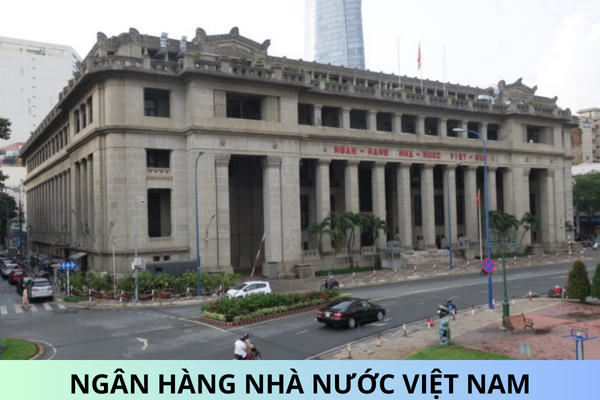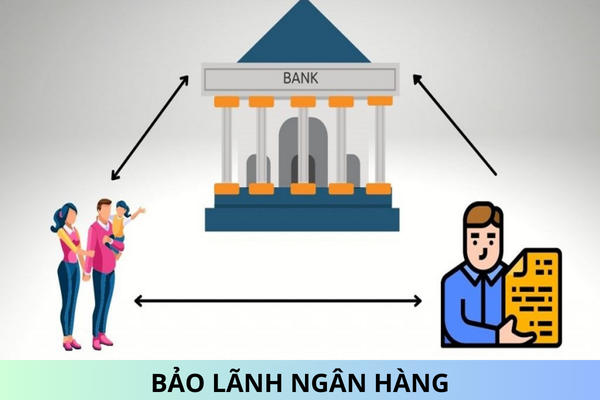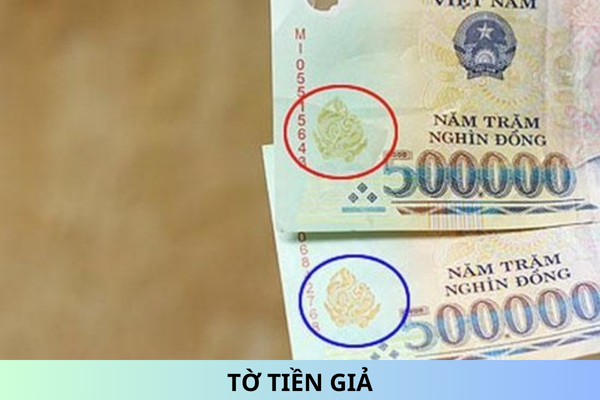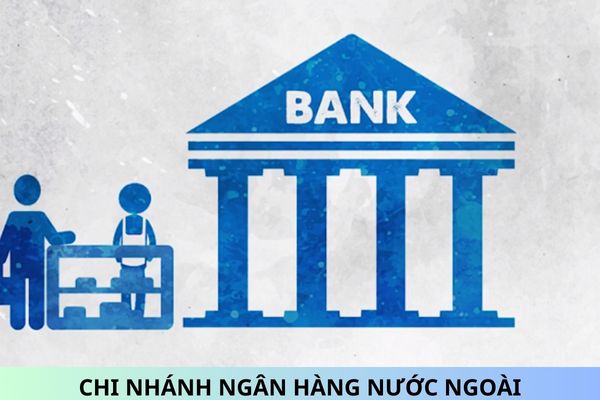According to the law in Vietnam, what is a credit card? Will the person who has an overdue credit card payment be liable to criminal prosecution in Vietnam?
According to the law in Vietnam, what is a credit card? Will the person who has an overdue credit card payment be liable to criminal prosecution in Vietnam? - Mr. Hoa (HCMC)
According to the law in Vietnam, what is a credit card?
Pursuant to Clause 3 Article 3 of the Circular 19/2016/TT-NHNN stipulating as follows:
Interpretation of terms
For the purposes of this Circular, these terms below shall be construed as follows:
...
3. Credit card means a card that authorizes its holder to conduct card transactions within the credit limit granted under the agreement with the card issuer.
...
As regulations above, credit card means a card that authorizes its holder to conduct card transactions such as shopping, service payments within the credit limit granted under the agreement with the card issuer.
According to the law in Vietnam, what is a credit card? Will the person who has an overdue credit card payment be liable to criminal prosecution in Vietnam? - Source: Internet
What are conditions for issuance of credit cards in Vietnam?
Pursuant to Clause 1.c Article 15 of the Circular 19/2016/TT-NHNN (amended by Clause 6.a and 6.b, Article 1 of the Circular 26/2017/TT-NHNN) stipulating credit card-based credit facility agreement as follows:
Credit card-based credit facility agreement
1. Credit card-based credit facility agreement must satisfy the following requirements:
...
c) The card issuer shall consider and decide the card-based credit extension if the following requirements are satisfied:
(i) The cardholder is an eligible entity as prescribed in Clause 1 or Clause 2 Article 16 herein and is not an entity ineligible for credit extension prescribed in Article 126 of the Law on Credit Institutions (as amended);
(ii) The cardholder must use the loan amount for proper purposes and its/his/her financial capacity for repaying debt on schedule;
d) The card issuer shall consider requesting the cardholder to provide types of security for its/his/her liability as prescribed.
...
As regulations above, conditions for issuance of credit cards in Vietnam are as follows:
(1) The cardholder shall be one of the following entities:
- For principal cardholders being individuals:
+ Any person who is 18 years of age or older and has full legal capacity;
+ Any person aged 15 to less than 18 years who does not have lack of legal capacity or limited legal capacity;
- For principal cardholders being organizations:
+ Be eligible for issuance of debit cards
+ Legally established and operated under Vietnamese law
(2) Be not an entity ineligible for credit extension prescribed in Article 126 of the Law on Credit Institutions in 2010 (amended by Clause 19 Article 1 of the Law on amendments to the Law on Credit Institutions in 2017)
(3) The cardholder must use the loan amount for proper purposes and its/his/her financial capacity for repaying debt on schedule
Will the person who has an overdue credit card payment be liable to criminal prosecution in Vietnam?
Pursuant to Article 175 of the Criminal Code in 2015 (amended by Clause 35 Article 1 of the Law on amendments to the Criminal Code in 2017) stipulating abuse of trust to appropriate property as follows:
Abuse of trust to appropriate property
1. A person who commits any of the following acts to obtain another person property which is assessed at from VND 4,000,000 to under VND 50,000,000, or under VND 4,000,000 while having incurred an administrative penalty for property appropriation or while having an unspent conviction for this offence or any of the crimes specified in Article 168, 169, 170, 171, 172, 173, 174 and 290 hereof, or the property obtained is the primary means of livelihood of the victim or the victim’s family shall face a penalty of up to 03 years' community sentence or 06 - 36 months' imprisonment:
a) Taking a loan, borrowing, leasing property of another person or receiving property of another person under a contract, then uses deception to appropriate it or refuses to repay the loan or return the property when the repayment or return of property is due despite he/she is capable of doing so;
b) Taking a loan, borrowing, leasing property of another person or receiving property of another person under a contract and then uses it for illegal purposes which result in the offender's inability to repay the loan or return the property.
2. This offence committed in any of the following circumstances carries a penalty of 02 - 07 years' imprisonment:
a) The offence is committed by an organized group;
b) The offence is committed in a professional manner;
c) The property illegally obtained is assessed at from VND 50,000,000 to under VND 200,000,000;
d) The offence involves abuse of the offender's position or power or committed in the name of an agency or organization;
dd) The offender employs deceitful methods to commit the offence;
e) The offence has a negative impact on social security, order or safety;
g) Dangerous recidivism.
3. If the property illegally obtained is assessed at from VND 200,000,000 to under VND 500,000,000, the offender shall face a penalty of 05 - 12 years' imprisonment.
4. If the property illegally obtained is assessed at from ≥ VND 500,000,000, the offender shall face a penalty of 12 - 20 years' imprisonment.
5. The offender might also be liable to a fine of from VND 10,000,000 to VND 100,000,000 or prohibited from holding certain positions or doing certain jobs for 01 - 05 years or have part or all of his/her property confiscated.
Therefore, if a credit card debtor who is overdue has signs of absconding or deceiving to avoid paying debts, they may be prosecuted for the following criminal penalties:
- Imprisonment for up to 3 years if the value of the property stolen is from 4,000,000 VND to less than 50,000,000 VND, or less than 4,000,000 VND but the offender has been administratively sanctioned for the same act or has been convicted of crimes infringing on property rights that have not been erased from the criminal record.
- Imprisonment from 2 to 7 years if the value of the property stolen is from 50 to less than 200 million VND.
- Imprisonment from 5 to 12 years if the value of the property stolen is from 200 to less than 500 million VND.
- Imprisonment from 12 to 20 years if the value of the property stolen is 500 million VND or more.
Best regards!











